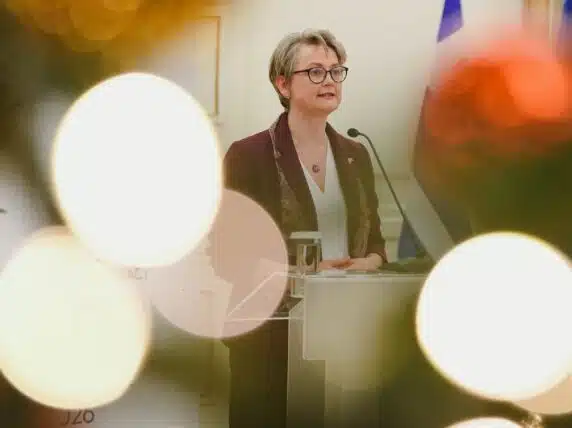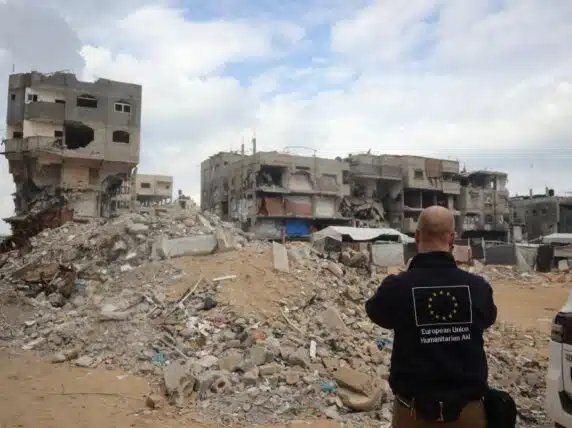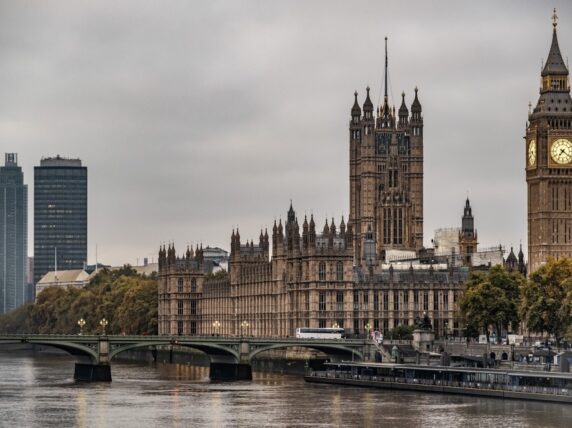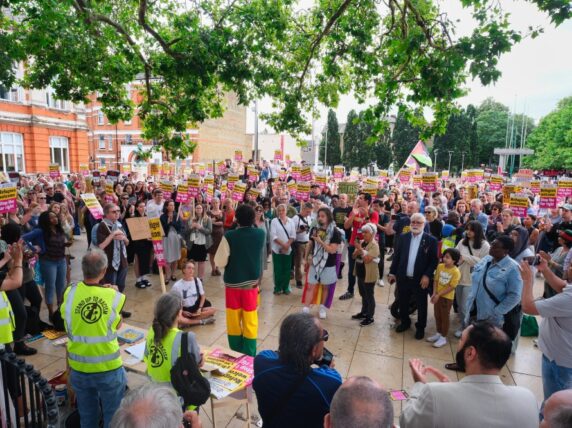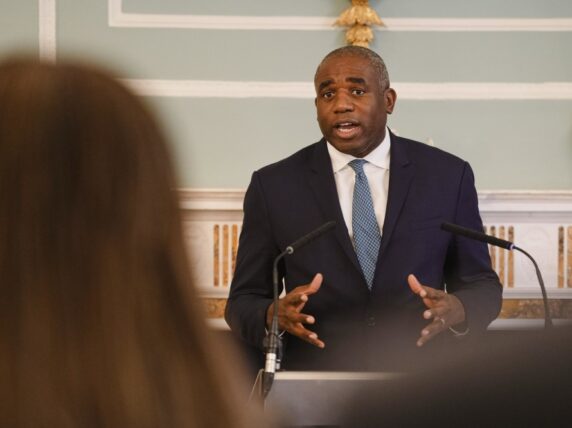One year on from the gutting of USAID by the Trump administration, our Media Advisor, Emily Loynes, looks back over a period of upheaval and uncertainty for the sector, including many of Bond’s members, and a global aid landscape still coming to terms with its new reality.
What is needed at such a time of crisis is a clear vision for how to deliver the most impact from the current development cooperation system. Yet, despite being in office for 18 months already, this government is yet to set out such a vision for its development cooperation.
In a widely condemned move, on 30 December, Israel announced they will be revoking licenses of 37 international non-governmental organisations (INGOs) working in Gaza and the occupied West Bank. Here’s what we know so far.
What started off as a year of cautious optimism turned into an incredibly difficult one for international development in the world of UK politics. Paul Abernethy takes us through a seesaw year, with aid cuts, political polarisation and party conference seasons, before looking ahead to 2026.
It’s time to dust off the rosettes, it’s party conference seasons. Here are all the tips and events you’ll need to make the most of each conference from our public affairs manager Paul Abernethy.
It has now been a year since the 2024 race riots erupted across the UK, a powerful and painful reminder of the racial injustice that continues to shape our society. As we reflect, we must ask ourselves: what has really shifted in the past 12 months?
While we await the government’s decisions on the much larger cuts to come – with an accompanying impact assessment– later this year, the Annual Report gives us a first look at where the cuts will hit hardest and paints a bleak picture.
Yesterday, Tuesday 22 July, the Foreign Commonwealth & Development Office (FCDO) released its Annual Report & Accounts for 2024–25 and…


